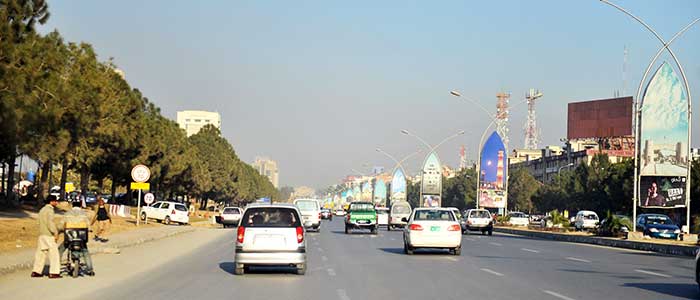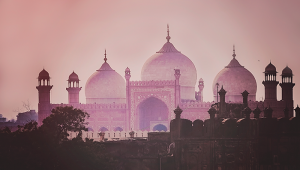Web_Islamabad_pakistan_236392390.jpg

Islamabad, Pakistan's capital city
The latest tranche of funding will bring total disbursements under the three-year programme, approved in September 2013, to around $4.98bn. It is expected a total of $6.64bn will be released under the arrangement.
Mitsuhiro Furusawa, deputy managing director and acting chair of the IMF’s executive board, said the country’s economic growth remains “robust” and its authorities have taken appropriate measures to promote the programme’s objectives.
He welcomed Pakistan’s commitment to further strengthening the fiscal position and lowering public debt, and said prudent policies and sustained implementation of the reform agenda would be key in reinforcing gains in economic stability and generating strong and sustainable growth.
The country’s focus on revenue mobilisation, including broadening the tax base and improving tax collection and compliance, was intended to allow the government to increase public spending focused on economic growth and to increase social protection, he added.
Efforts are also underway to strengthen coordination between the central government and the country’s provinces and to improve public financial management to reduce fiscal risks.
Furusawa said the authorities “remain committed to safeguarding financial stability”.
“The momentum of structural reforms must be maintained to achieve higher, sustainable and more inclusive growth,” he said.
“Critical priorities include reducing arrears and increasing supply in the energy sector, restricting and privatising loss-making public enterprises, improving the business and climate competitiveness, further strengthening social protection and increasing female labour force participation.”
He added that the low global oil prices presented Pakistan with a unique opportunity to strengthen external stability and to further improve the monetary policy framework, including central bank independence, as well as Pakistan’s regime against money laundering and terrorism financing.
Pakistan is struggling to bridge a crippling energy gap and to deal with rapid and “messy” urbanisation. In August, the World Bank also encouraged the country to expand its tax base and strengthen governance in order to boost public services and increase economic growth.













